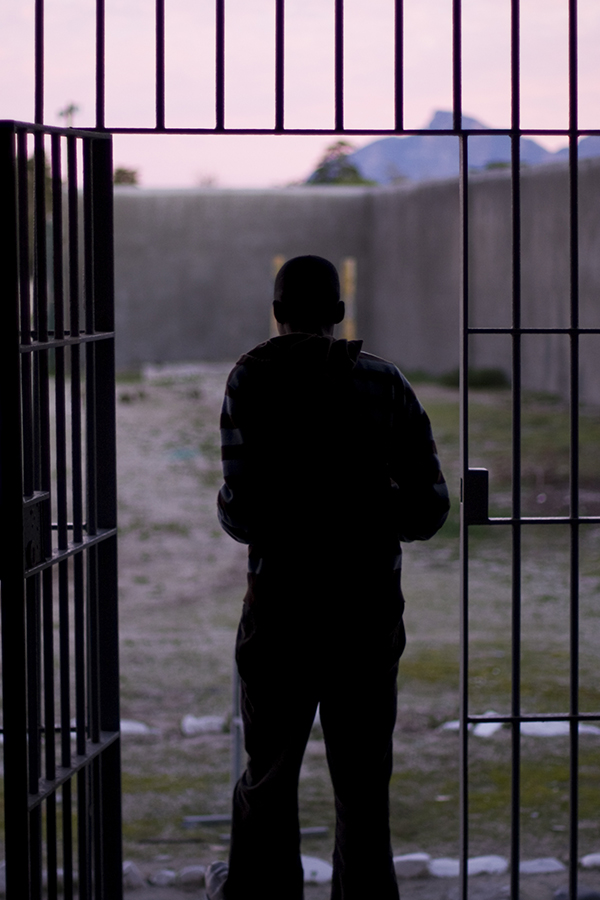Nearly 1 in 4 American adults have a criminal record — that’s 65 million people trying to restart their lives after living behind bars.
And Jack Hausen, executive director of Shepherd’s Fold transitional program in Birmingham, said that when they leave prison and re-enter society, they’re “basically lost.”
“We had a gentleman arrive recently who had spent 41 years in prison,” Hausen said. “He didn’t know how to catch a bus, work the technology of a car or use a computer.”
Not everyone stays that long but whether its six months or six decades, vast numbers of obstacles await those being released from prison, Hausen said. “They need help getting ID cards, birth certificates, social security cards and so many other things. And getting gainful employment is the biggest issue that hangs over their head.”
Chuck Colson’s Prison Fellowship ministry has documented more than 48,000 social stigmas and legal restrictions that can impact a person’s life after incarceration. So to help alleviate what they call the “second prison” people enter upon re-entry to society, Prison Fellowship has gathered a coalition to help instate a Second Chance Month in April.
Sen. Rob Portman, R-Ohio, introduced the observance at the end of March.
“We applaud Sen. Portman for his resolution declaring April as Second Chance Month,” said Craig DeRoche, Prison Fellowship’s senior vice president of advocacy and public policy, in a statement. “As America’s largest outreach to prisoners and their families, Prison Fellowship was founded on the conviction that every person has God-given dignity and potential.”
The first-ever Second Chance Month goes hand in hand with a greater awareness of the needs surrounding the nation’s prison system and prisoners, DeRoche said.
“A second chance is what we’re all offered in Christ,” he said, according to Christianity Today. “It’s the core of our faith and religion. It’s what saved us from our afflictions or addictions. That should be available to others.”
That’s what Hausen said Shepherd’s Fold is hoping to do — extend a hand of help and rescue to those who need it. And April provides a chance for the ministry to celebrate a new facility that can accommodate 100
people in its six-month re-entry program.
It also celebrates the arrival of 38 new participants.
“We want them to be able to get jobs when they leave here and take care of themselves,” Hausen said, noting that one of his hopes is that Alabama lawmakers will decide to “ban the box,” or remove the box from job applications that requires an applicant to check whether or not they are a convicted felon.
“Employers can find those things out in a background check during the employment process, but often having that box checked gets an application thrown immediately into the trash,” he said.
That’s one way he said he hopes second chances will be expanded, but in the meantime, churches can continue to be a support to former inmates.
Many local churches provide meals for program participants at Shepherd’s Fold. Others provide job training through ministries like WorkFaith Birmingham.
“We want to constantly motivate and move them forward until there is a transformation,” Hausen said. (TAB)
For more information, visit sfalabama.org and workfaithbhm.org.






Share with others: